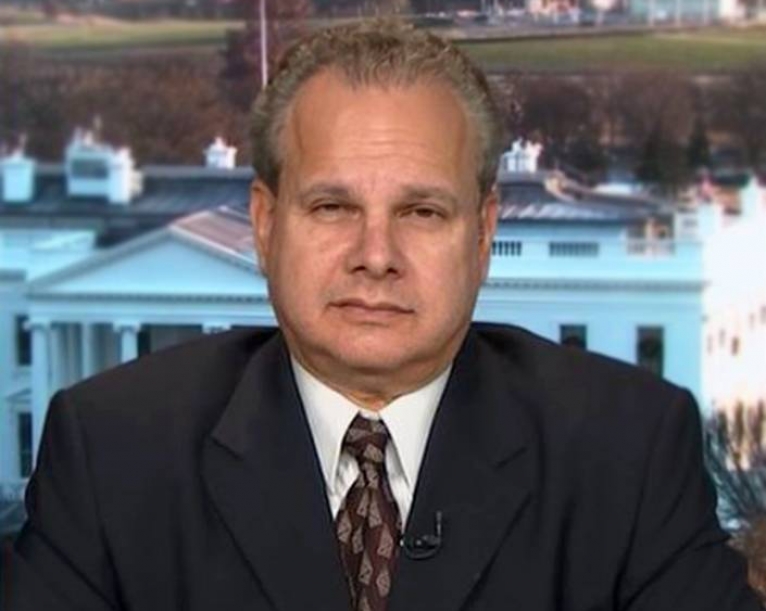
Special counsel Robert Mueller was too conservative in his interpretation of the law and policy traditions when it comes to making judgments about the executive branch.
He interpreted a long standing tradition, but one that other prosecutors would have interpreted differently.
It concerns me as a federal prosecutor that Mueller left key questions unanswered for Congress, knowing that there won’t be any agreement in Congress regarding this.
This is likely to create more divide in the country ahead of the 2020 elections. Democrats are already accusing the Attorney General for acting like the president’s lawyer; and Republicans are pouncing on the fact that the Special Counsel found no proof of criminal wrongdoing.
There will definitely be attempts in Congress to seek changes in the prerogatives of the Justice Department and the executive, given the increasing role the judiciary is having in politics and campaigns.
The problem here, however, is that Congress was waiting for the special counsel to clear things in this matter.
Now it’s up for Congress to have the last word on this issue.
Not making a judgment on whether the US president obstructed justice is just a policy in the Justice Department and not the law.
Since Mueller was named by Rod Rosenstein, the department that is close to the executive branch—the White House in this case—had jurisdiction over the Special Counsel.
Clearly, Mueller did not anticipate how the newly approved Trump appointee to head the Justice Department, William Barr, would take a strong defense of the president and put the findings of the Special Counsel on obstruction of justice in a non-criminal context.
Barr is the only Attorney General in history who has had such a big role in disagreeing with the Special Counsel. We cannot really compare this investigation to that of Bill Clinton’s in the 90s, because that was an independent counsel and not strictly under the jurisdiction of the Justice Department.
Nevertheless, the investigation into Clinton’s conduct was carried out with the approval of then Attorney General of the United States Janet Reno.
Having said that, Mueller’s referral of the obstruction of justice judgment to Congress could make Barr’s position irrelevant.
The Special Counsel could have also taken another route to address these allegations. Mueller could have approved to subpoena Trump personally to speak under oath. But even in this measure, Mueller took a cautious approach and avoided such a subpoena.
If that subpoena had happened, just as it happened in the 90s with Clinton, the Supreme Court would have been drawn into the case to rule whether the Special Counsel established by the Justice Department would have the authority to personally interrogate the US president.
This leaves us with what the Constitution has made clear in dealing with oversight of the president and possible impeachment. The Constitution bestows these powers in Congress. In a political move, the Congress could decide what to do with the president as it did in the 90s. But again, here we have a divided Congress that would sharply split over whether they can indict a sitting president.
As Americans prepare for the 2020 elections, it is definitely an interesting time to be a lawyer in the US. In the long run, I believe the country and the constitution are well equipped to handle such political crises.



